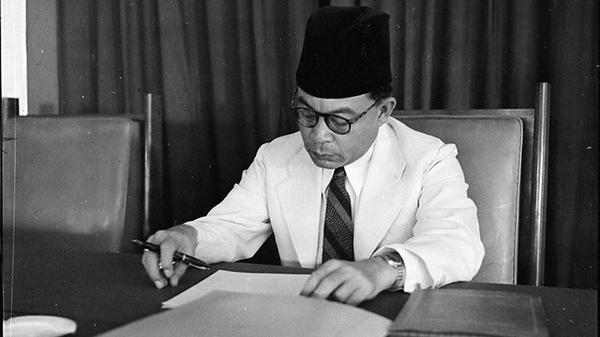
Quantum technologies, what’s ahead of us?
In today’s modern digital landscape, intelligence operations face a range of complex challenges, particularly in safeguarding sensitive information and countering cyber threats.
The emergence of quantum technology presents both significant risks and opportunities for intelligence agencies globally.
While AI has dominated discussions in this field in recent years, it is essential to emphasize the even greater importance of Quantum Technologies (QT).
QT originates from quantum mechanics, a fiel
The emergence of quantum technology presents both significant risks and opportunities for intelligence agencies globally.
While AI has dominated discussions in this field in recent years, it is essential to emphasize the even greater importance of Quantum Technologies (QT).
QT originates from quantum mechanics, a fiel






















